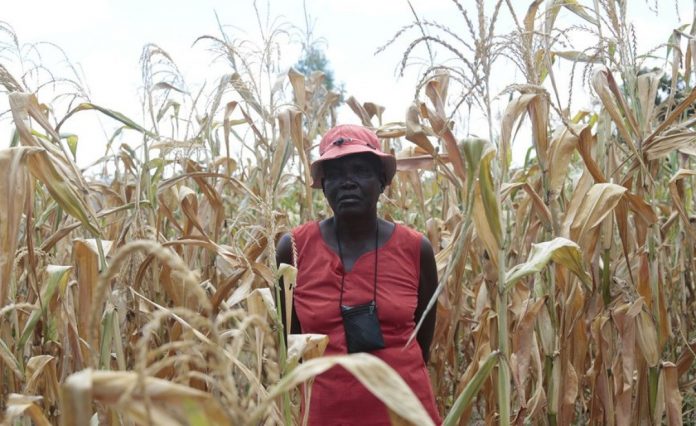By Patrick Watt
Zimbabwe, once the breadbasket of Africa, is back in the spotlight. Tragically, for the long-suffering people of this exceptionally beautiful country, it is for all the wrong reasons. Last week, the UN issued a hard-hitting report on an escalating food crisis, which has already left half of the population in desperate need of emergency aid. Setting aside the usual diplomatic niceties, the report describes a situation that’s normally found only in countries at war and warns that – if left unchecked – the current food crisis could develop into a full-blown famine. The World Food Programme has now asked donor countries for an additional $200 million to enable 4 million people to receive food aid, from January to March, when the crisis is expected to spike.
Earlier this week, I travelled to Mutoko, close to the Mozambican border. It is not the worst-hit part of the country, but people there are visibly struggling. Smallholder farmers eke out a marginal existence on sandy soils, typical of the land to which Africans were confined following the colonial land grab of the early twentieth century. The rainy season is over a month late. In many cases, farmers have yet to plant their crops. Cattle are emaciated, and the rivers are running dry.
The farmers of Mutoko live at the epicentre of a global climate emergency they had no role in creating. Southern Africa is experiencing temperature rises double the global average, and the seasonal rains on which the region depends are increasingly erratic, arriving late, finishing early, and often falling as a deluge. Older farmers recall a time when the rains reliably arrived in October, and children could play in the rivers year-round. Now, many of the traditional crops are failing, and people are having to forage in the woods to supplement their diet. Christian Aid and its partners are working with these farmers to adapt what they grow, and when they grow it, in the face of a rapidly changing climate.
But adapting to climate change can sometimes feel like a Sisyphean challenge. Communities in many parts of eastern Zimbabwe are only beginning to recover from the onslaught of Cyclone Idai in March, which left a trail of death and injury, flooding and damaged infrastructure. After two years of poor harvest and one of the worst recorded cyclones to hit Africa, the buffers that help people to withstand a bad year have already been depleted.



